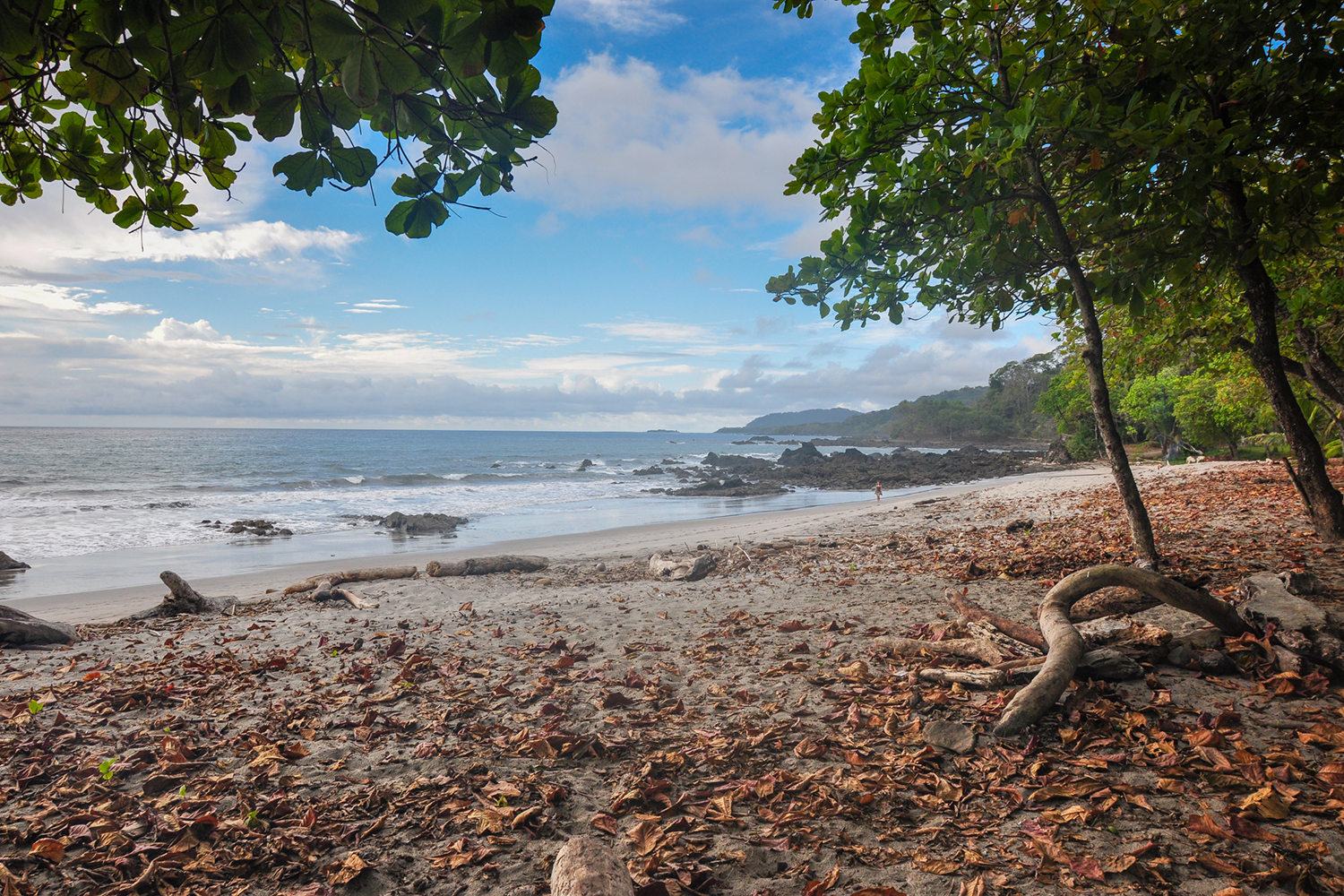In general, humans are living longer than they ever have. But in certain areas of the world, known as “Blue Zones,” clusters of people are stretching the limits of longevity. We’re not talking about people who have traded time for quality of life. These are vibrant, healthy individuals who are living past age 100.
What Is a Blue Zone?
The term Blue Zones was first used in the early 2000s by Michel Poulain, a Belgian demographer, and Gianni Pes, an Italian physician. Their research pinpointed the area with the most male centenarians, the mountains of Sardinia, an island in the Mediterranean Sea. The men used a blue pen to circle the location on a map, and the name Blue Zones was born.
Intrigued by this age-defying population, explorer and National Geographic fellow Dan Buettner selected a team of epidemiologists, physicians, nutritionists, anthropologists, and demographers and set out on a global quest to identify other areas with above-average life expectancies. Buettner and his team interviewed hundreds of elders around the world who were defying the longevity odds to understand what they had in common.
Nine Keys to Long Life
In addition to Sardinia, Buettner’s team identified four other locations that fell into the definition of Blue Zones:
- The island of Okinawa, Japan
- The Greek island Ikaria
- The Nicoya Peninsula in Costa Rica
- Loma Linda, California, home to a group of Seventh Day Adventists who live 10 years longer than the average American.
While the lifestyles of these communities varied slightly, Buettner’s team documented nine life-extending behaviors they all shared.
-
Plant-Based Diet
The people in the Blue Zones typically eat a whole-foods, plant-based diet. They consume lots of fresh fruit, vegetables, and legumes. They rarely eat meat and fish and almost never drink cow’s milk. Ikarians enjoy goat’s milk, feta cheese, and coffee (which is rich in antioxidants). Okinawans eat tofu and brown rice. And Sardinians drink goat’s milk and eat up to 15 pounds of sheep’s cheese annually along with sourdough bread. Buettner, executive director of the 2023 Netflix documentary series, "Live to 100: Secrets of the Blue Zones," told PBS NewsHour correspondent John Yang: "The number one killer in America is our diet. We lose about 660,000 Americans prematurely to the way we eat."
-
Stop Eating Before You’re Full
Americans often eat quickly, on the run, and more than we need, which causes weight gain and all the issues that come with it. Okinawans follow Confucius’s mantra to stop eating when they are about 80 percent full. Others in the Blue Zones tend to eat their biggest meals at midday.
-
Imbibe
Except for the Adventists, most adults in the Blue Zones drink alcohol, usually wine, in moderation (one or two glasses a day).
-
Stay Active
People in the Blue Zones don’t typically run marathons or lift weights. They move naturally in ways that don’t stress their joints. Similar types of exercise would be walking the dog, mowing the lawn, and biking to work. The idea is to get moving and keep moving.
-
Relax
Stress is part of life, but people who live in the Blue Zones often take time each day to escape it. Constant stress causes chronic inflammation, which leads to age-related diseases, so do what you can to de-stress.
-
Follow Your Heart
People who live the longest often have a deep sense of purpose—a reason for getting out of bed every morning—which may add up to seven years to a life.
-
Keep the Faith
Many centenarians belong to a faith-based community. Buettner's research found that attending services four times per month added up to 14 years to life expectancy.
-
Put Loved Ones First
Caring for children, committing to a life partner, and keeping aging parents nearby is something people in the Blue Zones have in common, which likely fuels their desire to live long and full lives.
-
Positive Influences
Most centenarians surround themselves with people who support healthy behaviors and who encourage them to stay active, eat right, and enjoy life.
Emulate a Blue Zone Lifestyle
Even though you may not live in a Blue Zone, you can potentially prolong your life by implementing behaviors from the people who do.
Beyond good nutrition, the people who live the longest belong to communities, surround themselves with others who reinforce healthy behaviors, are physically active, are committed to those they love, and live life to the fullest, because they can.








